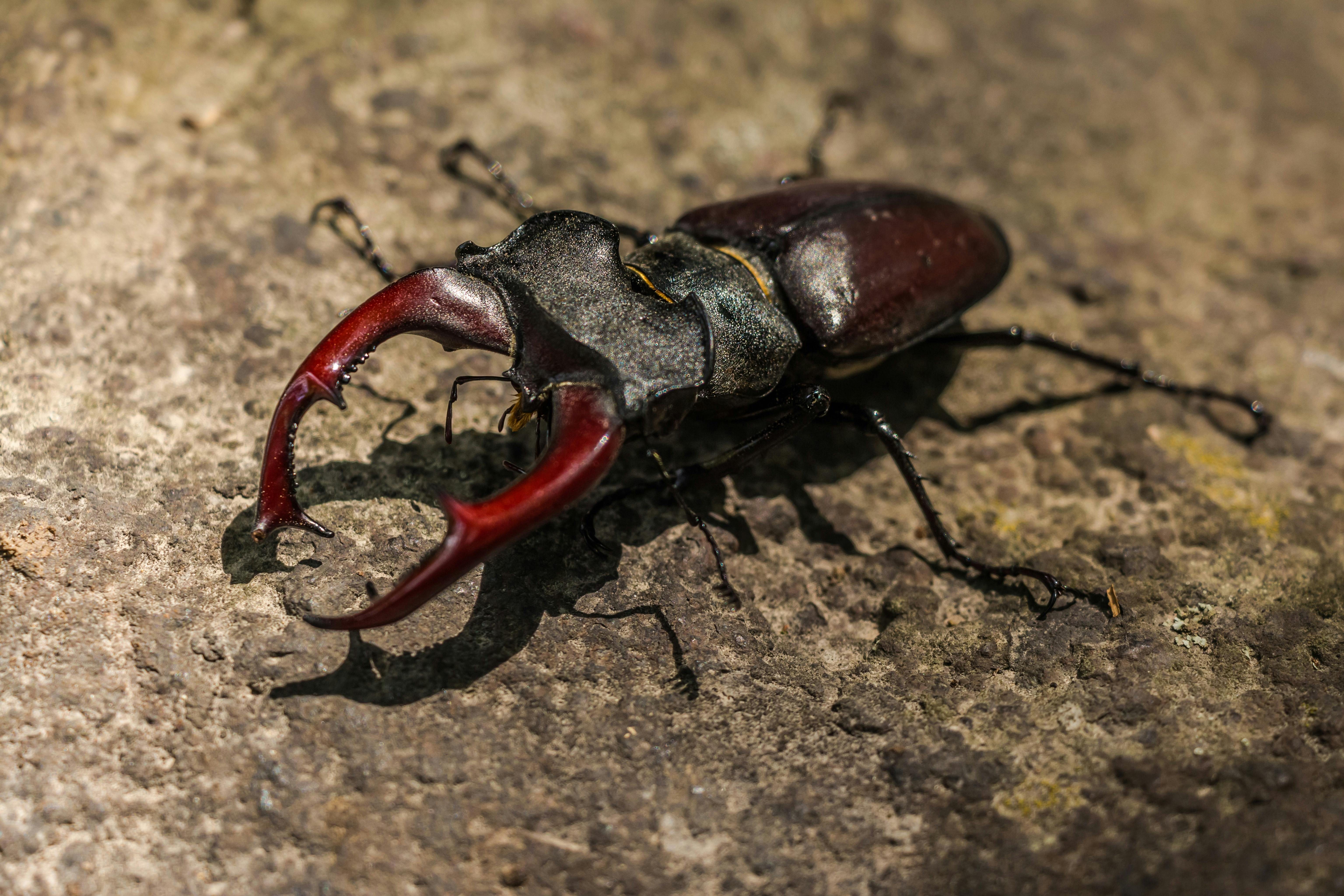Discovering the Untapped Potential of Insect-Based Gastronomy
If you're a passionate foodie or a daring culinary adventurer, you've most likely heard about the rising trend of insect-based cuisine. As sustainability becomes a global issue, insects are becoming a viable, nutritious alternative to traditional animal protein sources. Let's embark on an exciting journey to explore the potential of these tiny delicacies in gastronomy.

Insects on the Plate: A Sustainable Solution
Insects as a protein source is not a new concept. Many cultures, especially in Asia and Africa, have incorporated insects into their diet for centuries. However, the Western world has been slow to adopt this trend. Insects are eco-friendly, requiring less water, space, and food to grow than conventional livestock. Plus, they’re packed with essential nutrients like protein, fiber, and minerals.
Overcoming the ‘Yuck’ Factor
Undoubtedly, the biggest challenge in promoting insect-based gastronomy is the psychological barrier. For many, the idea of eating bugs is off-putting. However, restaurants and food manufacturers are finding creative ways to incorporate insects into their products, making them more appealing to the average consumer. From cricket-flour muffins to mealworm pasta, insect-based foods are becoming more mainstream.
Culinary Innovations: Bugs in the Kitchen
Chefs around the world are experimenting with insects, creating innovative dishes that highlight their unique flavors and textures. For instance, you might find a dessert made with ant-infused gelatin or a salad topped with crispy, fried crickets. These dishes not only challenge our traditional notions of food but also offer a new gastronomic experience.
Pairing Insects with Drinks
Insect-based cuisine isn’t only about food; it also extends to the world of beverages. Some breweries and distilleries are using insects to add unique flavors to their products. For instance, ant gin, which uses the formic acid from ants to create a sharp, citrusy flavor, is gaining popularity in the craft cocktail scene.
Nutritional Powerhouses: The Health Benefits of Insects
In addition to being sustainable, insects are also nutritional powerhouses. They’re rich in protein, fiber, and essential minerals like iron and zinc. Some studies suggest that insects could help address global malnutrition, offering a cheap, easy-to-grow source of essential nutrients.
Nuggets of Knowledge:
- Over two billion people worldwide already consume insects as part of their diet.
- There are over 1,900 edible insect species, offering a wide range of flavors and textures.
- Insects are not only rich in protein but also contain beneficial fats, fiber, and micronutrients.
- Eating insects can help reduce our carbon footprint, as they require fewer resources to farm than traditional livestock.
As we navigate towards a more sustainable future, insects present an exciting, innovative way to meet our nutritional needs while minimizing our environmental impact. They challenge our conventional ideas about food, pushing the boundaries of what is considered edible. Whether you’re a daring foodie or a sustainability advocate, it’s high time to give insect-based gastronomy a try. Who knows? You might just find your new favorite delicacy!




